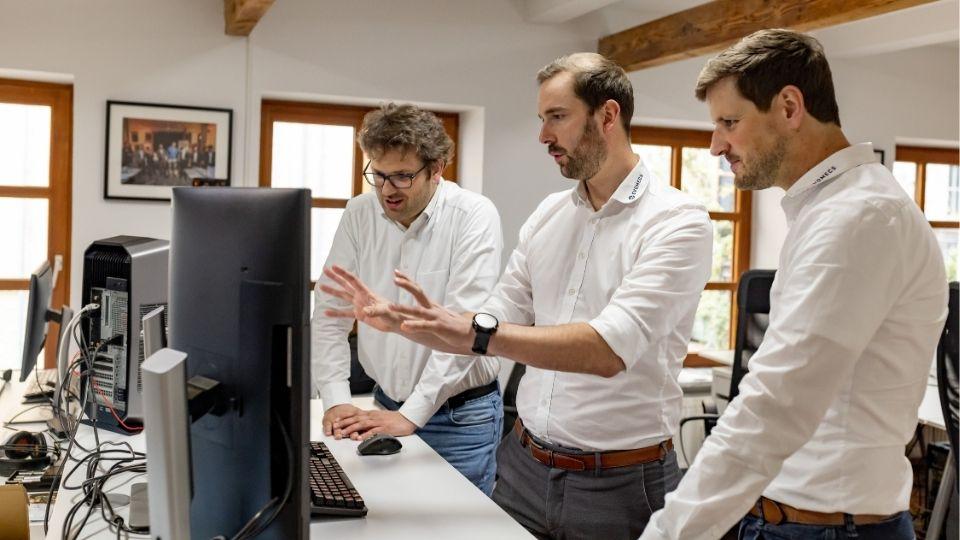Master of digital transformation
In production, a field dominated by precision craftsmanship and long-standing traditions, the introduction of digital technologies represents a major upheaval. The project manager who steers this digital transformation is not only a technical expert, but also a mediator between the tried and tested past and an innovative future. But what characterizes the ideal project manager, especially in small and medium-sized, often family-run production companies?
The multi-layered skillset of a project manager
A strong technical understanding is the basis. This knowledge enables the project manager to build trust with the workforce as well as master technical challenges. In addition, comprehensive project management skills are required, which include both traditional and ideally also agile methods in order to be able to react appropriately to the dynamics of the transformation process.
People at the center
A project manager must have a deep understanding of human needs. Empathy is essential in order to address the fears and resistance of the workforce. At the same time, it is important that the project manager can act decisively and courageously, even if this means making unpopular decisions. It's about mastering a balancing act between being an empathetic listener and a goal-oriented decision-maker.
Practical example - dealing with change
The implementation of new software illustrates this challenge perfectly: for users, this means a change to their usual processes and procedures. Initially, this can make their work more laborious and slower, which sometimes leads to frustration and bypassing the new system. At such times, the project manager must be able to effectively persuade employees to use the system. This requires a flexible approach - for some employees this works through empathy, for others clear instructions are required.
The role of management
Management support is a critical factor for success. A project manager can only be effective if they have sufficient authority and management backing, especially in phases where short-term productivity losses must be accepted for long-term benefits.
The challenge of generational change
In a working world characterized by generational change, a project manager must be able to understand and lead both older and younger employees. This requires a flexible approach that includes both mentoring and coaching and is adapted according to the situation.
What do we learn from this?
Looking at all these requirements, you might think that the ideal project manager must have almost supernatural abilities. Of course, this is not the case; no one is perfect. But an awareness of the complexity of this role is crucial in order to select the right project manager and to recognize and overcome potential difficulties in project management at an early stage. Ultimately, it is the combination of technical expertise, empathetic leadership skills and support from senior management that makes the project manager an indispensable key element for success in digital transformation projects.


